Mountain Ecosystem-based Adaptation in Uganda
Project Overview
Mount Elgon landscape in Uganda is the seventh highest mountain in Africa, a major catchment area and straddles the border between Kenya and Uganda. The climate is cool with a mean annual rainfall of 1,270 mm. The population of Mount Elgon is almost entirely rural and dependent on subsistence agriculture, with approximately 564,000 people living in the 4 districts which make up the project site. The region is home to Mt Elgon National Park and is of great conservation value, but high population density means that agriculture is spreading rapidly.
Through the global Ecosystems-based Adaptation (EbA) in Mountains Programme, UNDP, UNEP and IUCN, with funding from the German Government (BMUB), are using sustainable management, conservation and restoration of ecosystems, as part of an overall EbA adaptation strategy, to reduce the vulnerability and enhance the resilience of select fragile mountain ecosystems and their local communities to climate change impacts. The promoted EbA measures carefully take into account anticipated climate change impacts trends to ensure a forward-looking process.
For more information visit the Global Ecosystems Based Adaptation in Mountains Programme profile, or the EbA Flagship website.
Project Details
The objective of this Uganda pilot project under the global Mountain EbA Programme is to reduce the vulnerability of Uganda to climate change impacts through piloting Ecosystem-based Adaptation options with particular emphasis on mountain ecosystems in the Mt Elgon region.
It is working to specifically support 4 outputs:
- The development of decision-making tools for ecosystem-based adaptation for assessing ecosystem resilience,
- Field testing the tools in the pilot countries,
- Making investments in and building capacity for EbA at select demonstration sites, and
- Establishing the economic benefits and financial costs of EbA, to guide national policies.
The project is implemented by the Ministry of Water and Environment (MWE) focusing on the Districts of Sironko and Bulambuli (implementation supported by UNDP) and Kapchorwa and Kween (Implementation supported by IUCN).
News
 Community Revolving Fund promotes rural enterprise development and environmental protection
Community Revolving Fund promotes rural enterprise development and environmental protection
 Beekeeping saving the environment in Sironko
Beekeeping saving the environment in Sironko
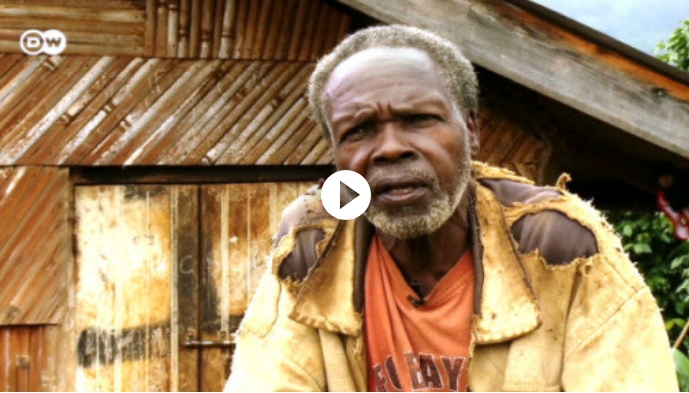 Global Ideas: Uganda – Protecting an Ecosystem
Global Ideas: Uganda – Protecting an Ecosystem
 Our Stories - An environmentally friendly building technology saving trees in Sironko district
Our Stories - An environmentally friendly building technology saving trees in Sironko district
 Articles - Uganda’s first Payment for Environmental Services Fund launched, 27 Mar 2015
Articles - Uganda’s first Payment for Environmental Services Fund launched, 27 Mar 2015
.jpg/_jcr_content/renditions/cq5dam.web.540.390.jpeg) Governance Body for the Mountain EbA Project in Uganda holds its second meeting, 4 Jul 2014
Governance Body for the Mountain EbA Project in Uganda holds its second meeting, 4 Jul 2014
Key Results and Outputs
Some key accomplishments for the project include:
- A Vulnerability Impact Assessment (VIA) has been carried out to determine which EbA interventions can be used to support the communities in the selected project area.
- About 600 households within the 4 districts (Kween, Kapchorwa, Sironko & Bulambuli) have received training in climate-smart interventions and are implementing them on their land. Local platforms including local radios are being used for knowledge sharing.
- Different techniques in support of climate-resilient agriculture have been encouraged, including mulching, use of organic fertilizer, improved water retention through roadside drainage bunds, run off retention drains, diversion bands in crop gardens; and gravity flow irrigation (benefitting over 1,000 formerly water-stressed community members in 3 villages in Sanzara Parish).
- Practices like soil and water conservation structures, have also been promoted, including contour trenches, contour ridges, retention or check dams, infiltration ditches and contour bands; tree planting for stabilization of soil and water conservation, with appropriate species together with contour grass strips; and the management and protection of existing forests and trees on the farm.
- At the local governance level, structures for natural resource governance have been strengthened, including a schematic framework for managing a new adaptation fund in all the three catchments, including the communities and district technical staff.
- The ECOTRUST PES facility being piloted by the project was officially launched in March 2015 by the Minister of Water and Environment, Hon. Ephraim Kamuntu. The Minister emphasized the contribution of the fund to many of the investment priorities identified in the National Development Plan of Uganda such as skills development, water and sanitation; and facilitating availability and access to critical production inputs especially in agriculture.
- With support from the project, the Ministry of Water and Environment is developing guidelines on how to integrate EbA into national and district level planning and policies. This is a participatory process that has been done through training workshops and provision of tools. A specific training package on implementing EbA in Mt Elgon has also been developed, which provides step to step guidance on planning and implementing EbA aimed as a tool at supporting extension services
- The cost-benefit analysis results and data generated will be used to advocate the case for EbA to government during a meeting of the Top Policy Committee of the Ministry of Water & Environment. This will then be followed up at during the Joint Sector Water & Environment Review (week of 5th Oct) being held by the National Climate Change Policy Committee and the National Environment & Natural Resources Sector Working Group.
Reports and Publications
Assessments and Background Documents
UNDP Uganda+UNEP+UNEP-WCMC (2013) Uganda VIA Report POPULAR VS
Min of Water and Envir & UNDP (2012) VIA Capacity Assessment for EbA in Mt Elgon
Min of Water and Envir & UNDP (2012) Baseline info for EbA in Mt Elgon Ecosystem Project Strategy
Brochures, Posters, Communications Products
Min of Water and Envir & UNDP (2014) BROCHURE Uganda Mt EbA pilot project
Communications Products
Min of Water and Envir & UNDP (2014) Uganda Mt EbA Communications Strategy
Training & Tools
Min of Water and Envir & UNDP (2015) Training Manual - Mainstreaming EbA into policy & financing frameworks
Min of Water and Envir & UNDP (2015) Manual for implementing EbA in Mt Elgon Ecosystem of Uganda
Reports and Publications by country teams
Min of Water and Envir & UNDP (2015) Public Policy & Financing Framework for EbA in Mt Elgon POPULAR VS
Min of Water and Envir & UNDP (2015) Public Policy & Financing Framework for EbA in Mt Elgon
Multimedia
UNDP Uganda: Ecosystem Based Adaptation in Uganda
This documentary highlights the need for mainstreaming ecosystem-based adaptation strategies into national policies to ensure that actions against climate change is planned for. It puts a strong emphasis on the importance of Government funding such measures into the future through core budgets.
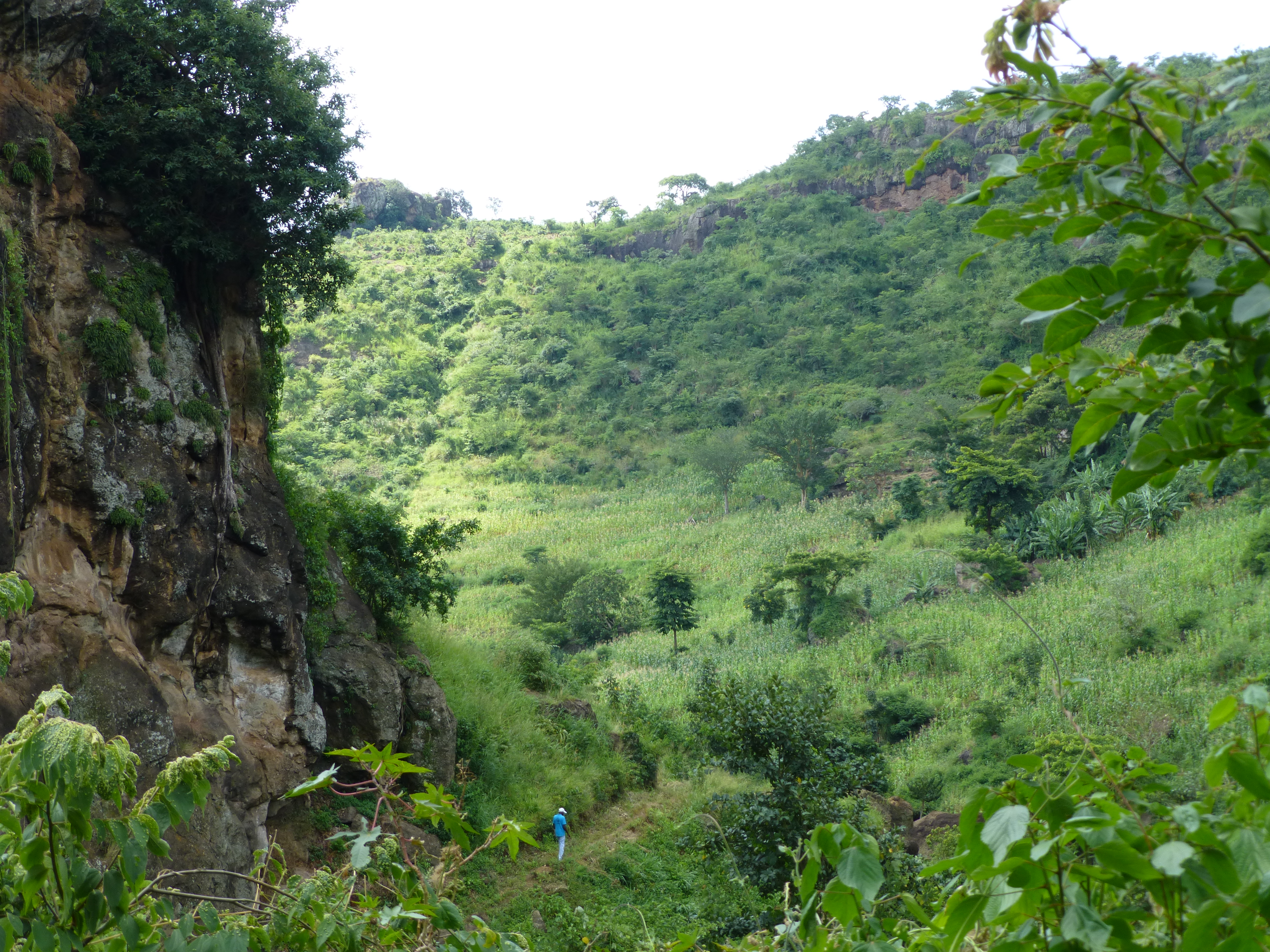
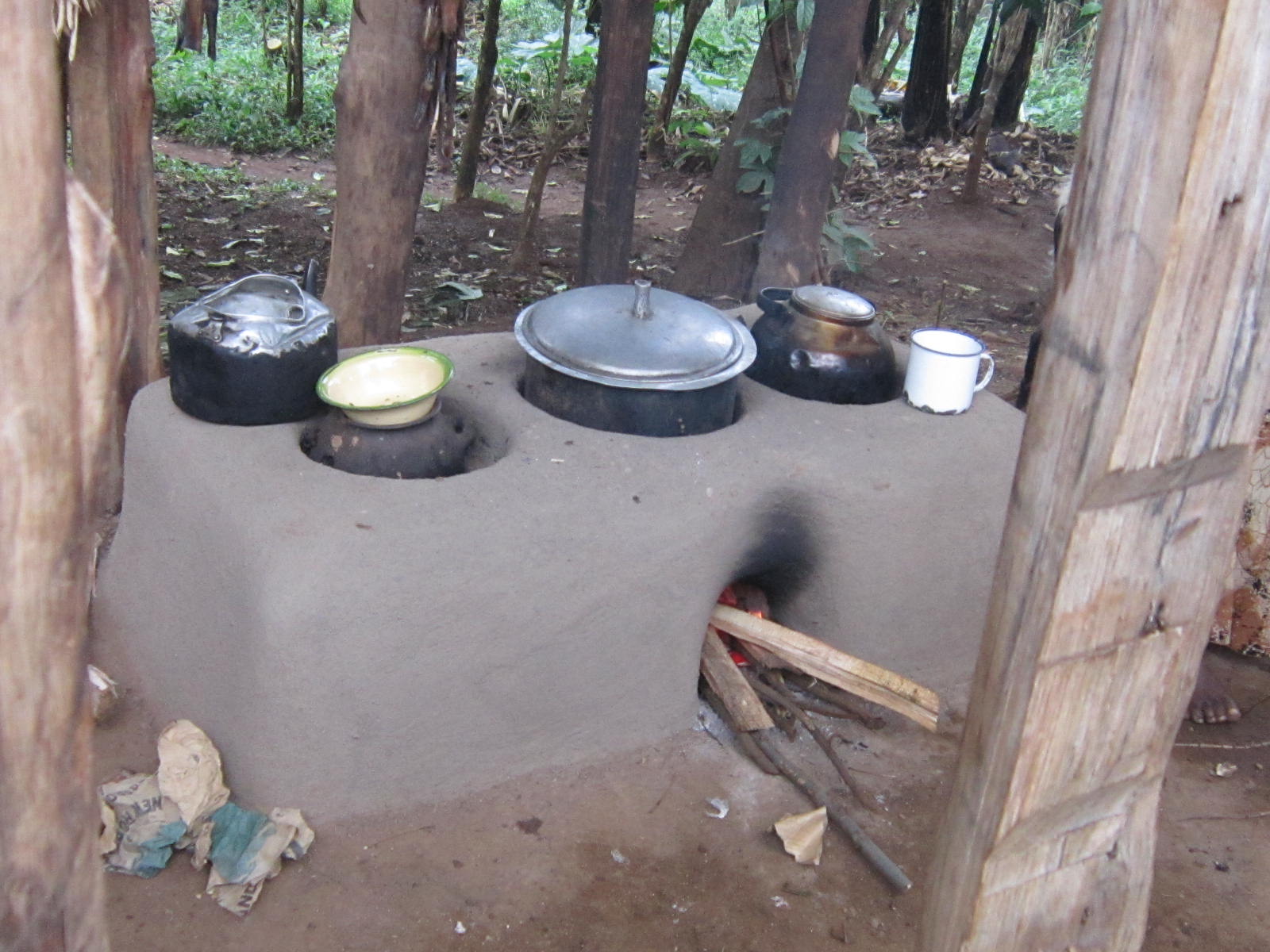
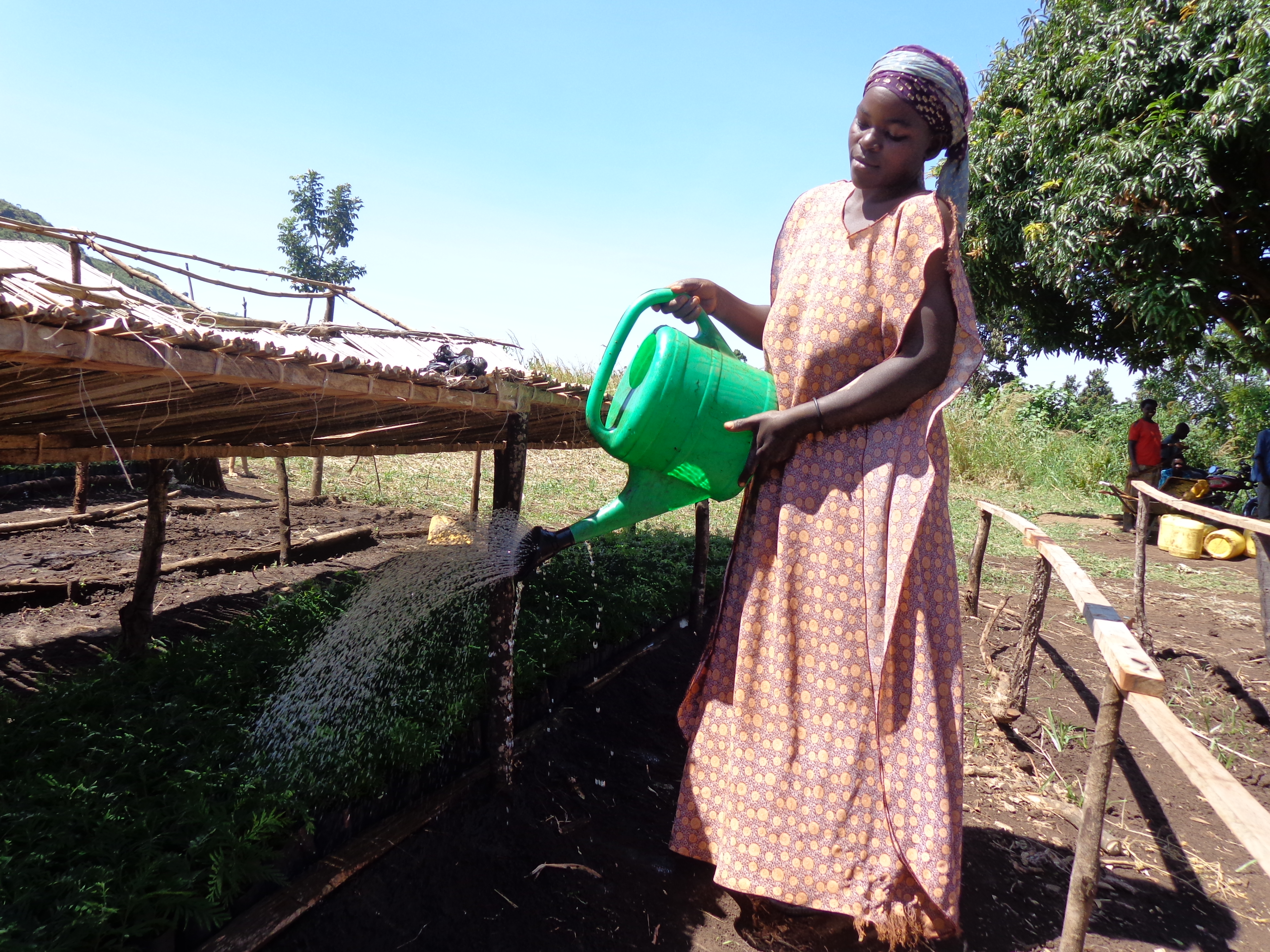
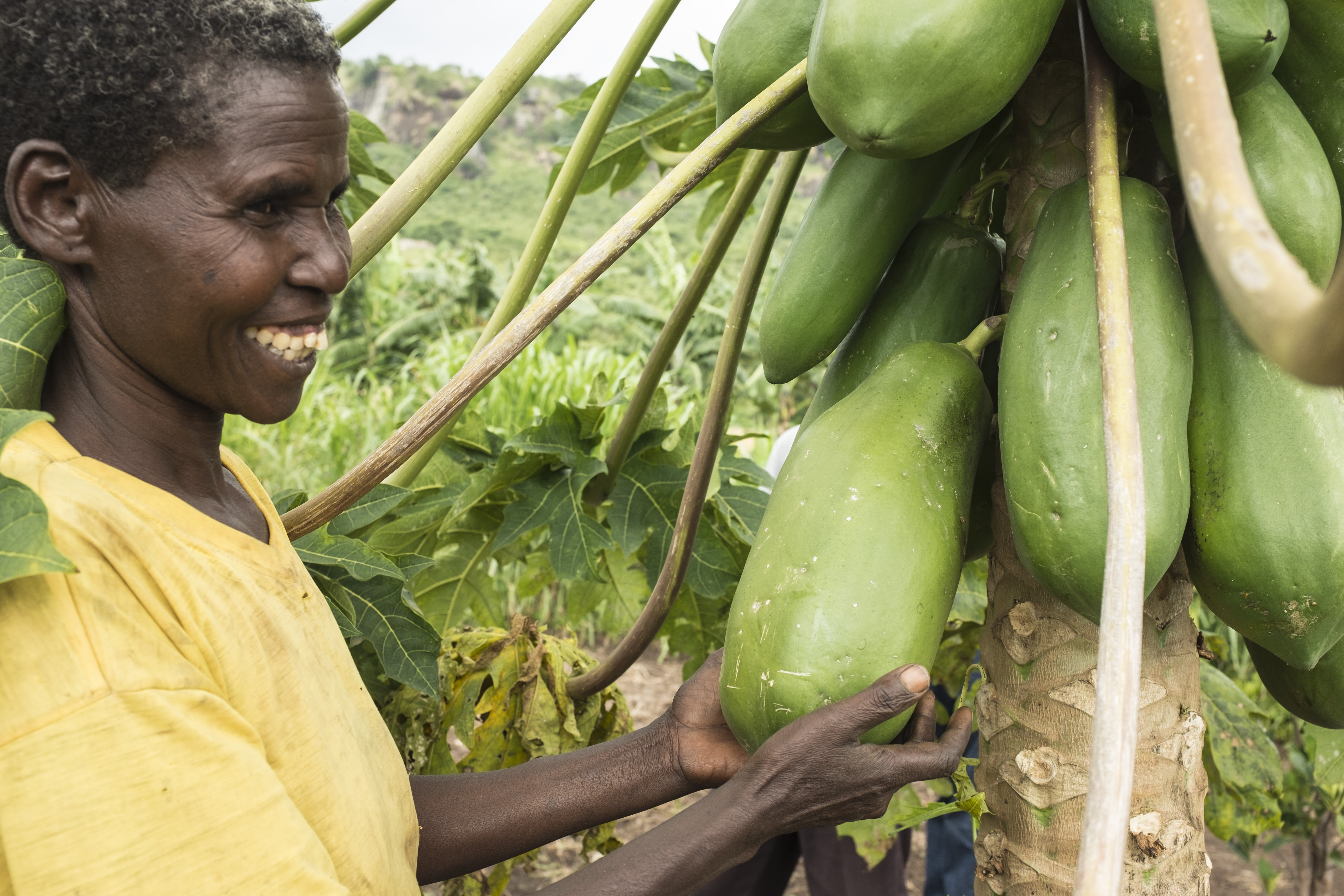
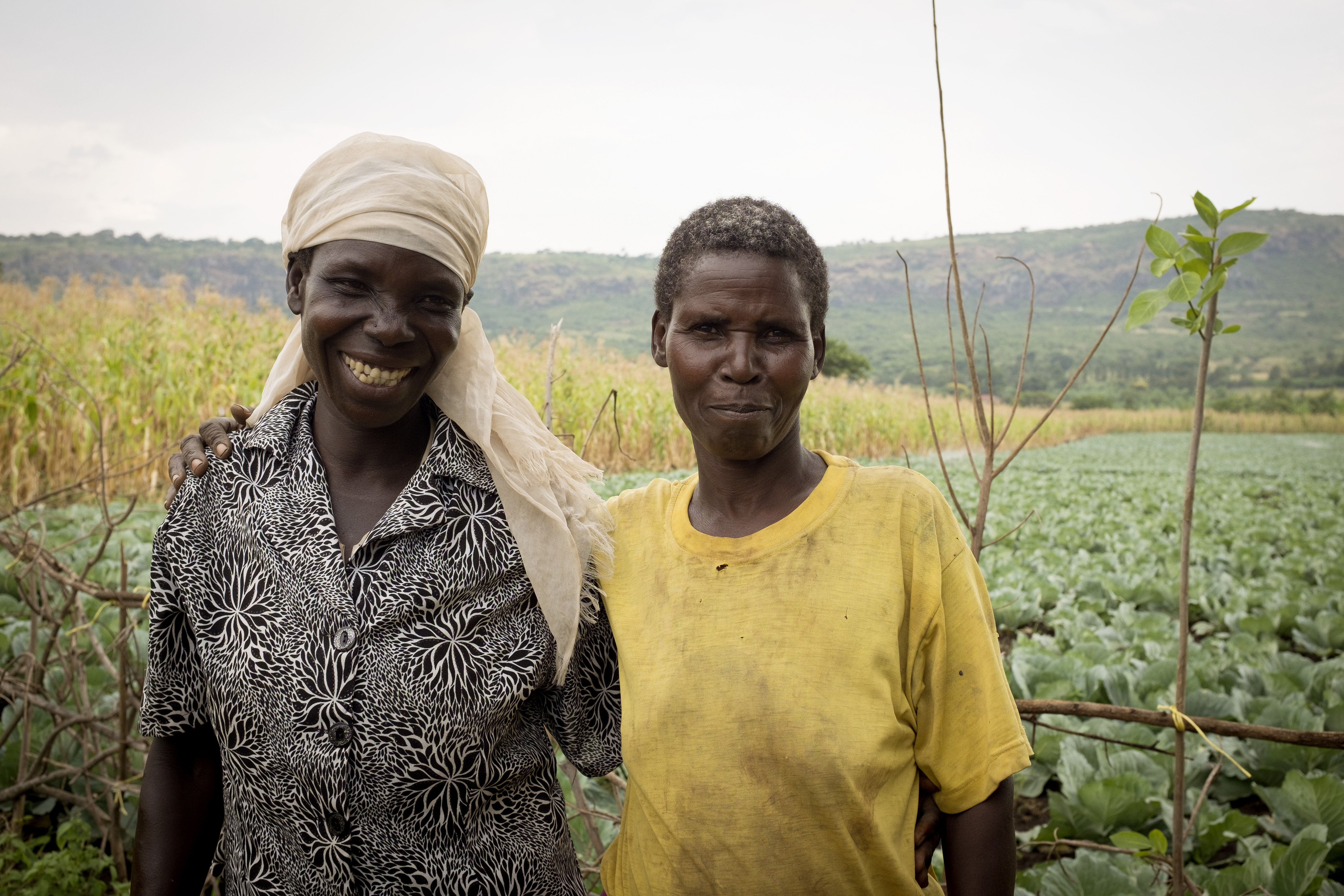
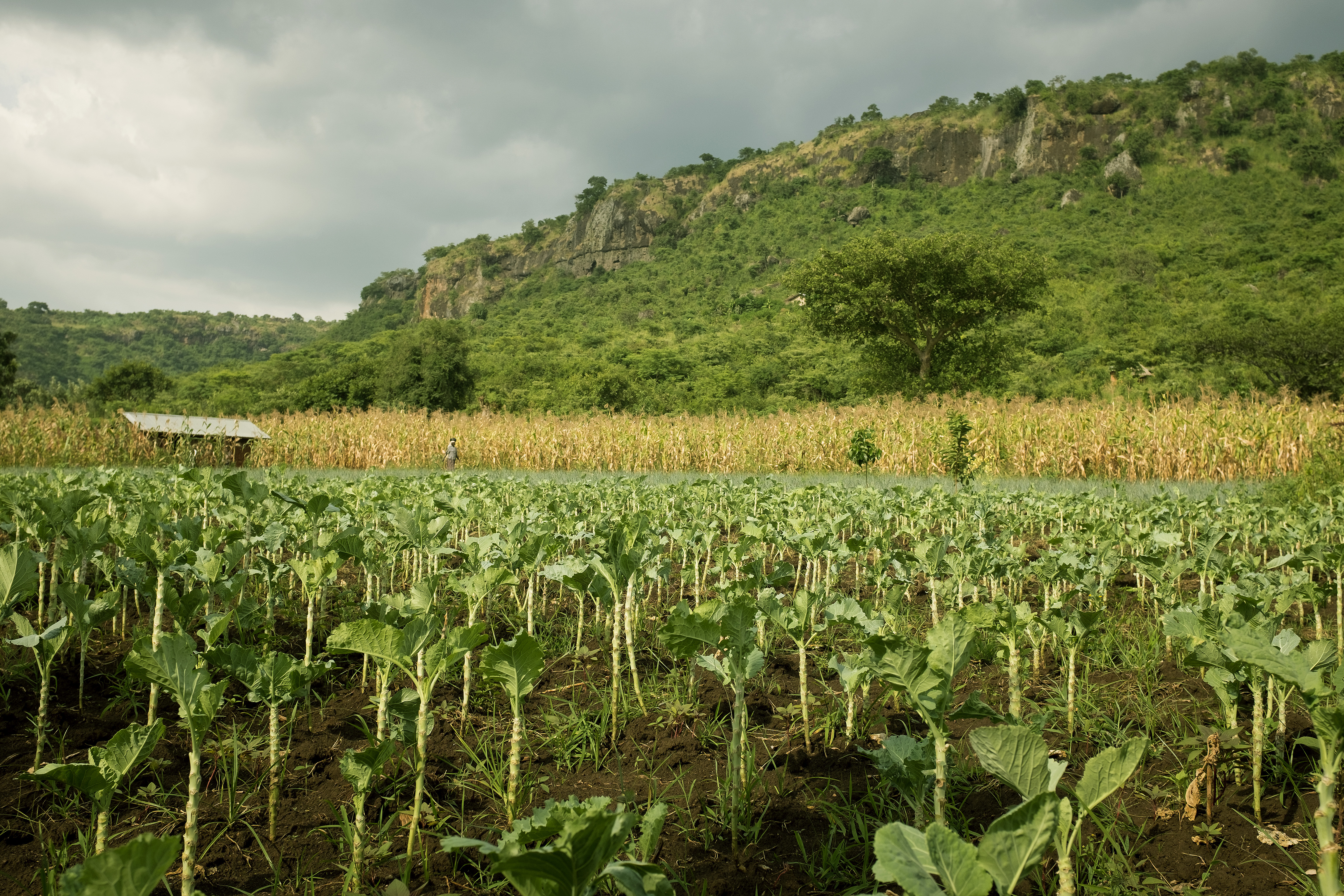
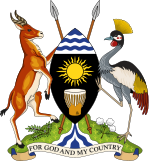

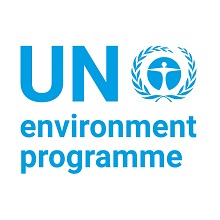

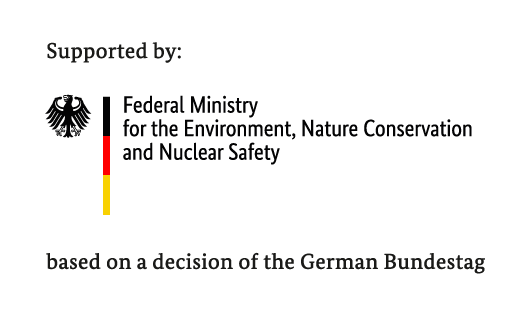

 Press Release - Developing of Impact Indicators for the Ecosystem-based Adaptation Project in Uganda takes off, 31 Jul 2014
Press Release - Developing of Impact Indicators for the Ecosystem-based Adaptation Project in Uganda takes off, 31 Jul 2014